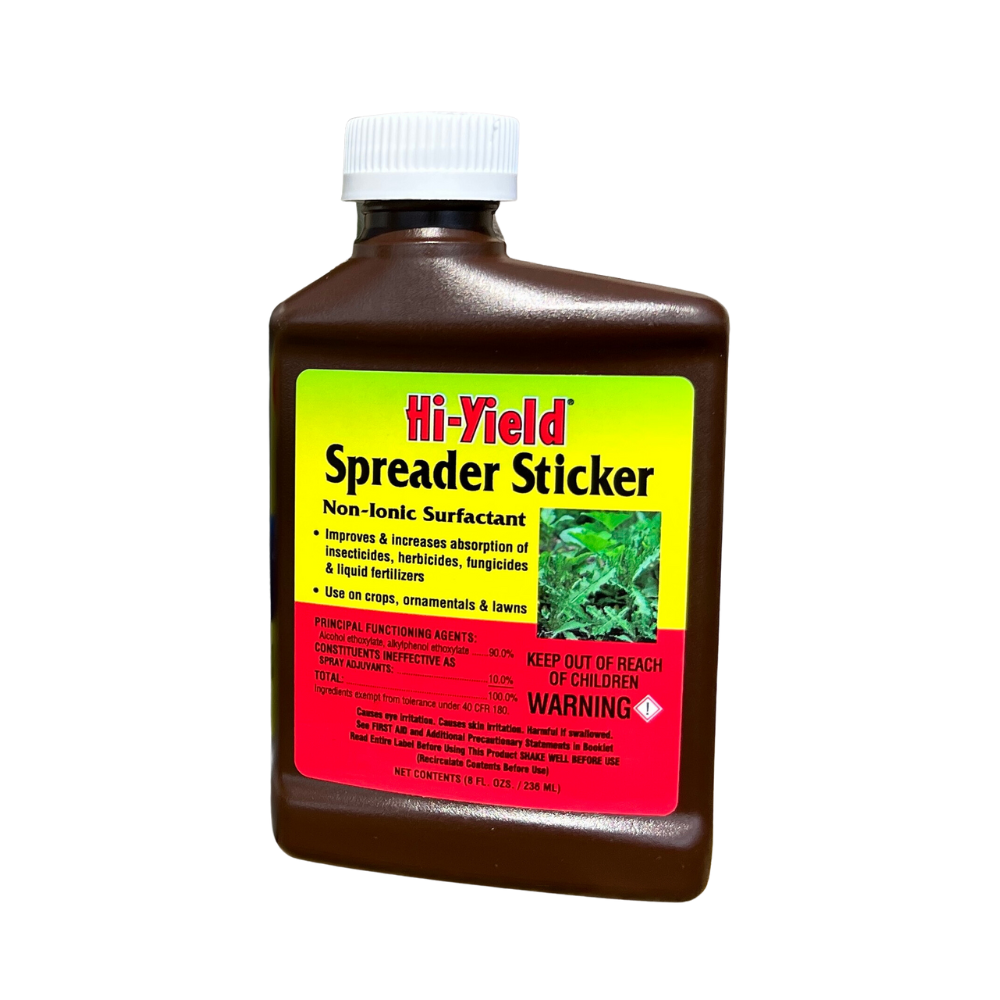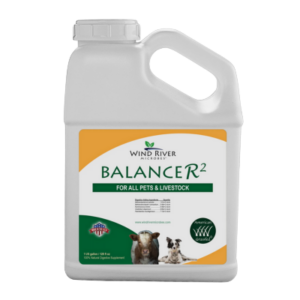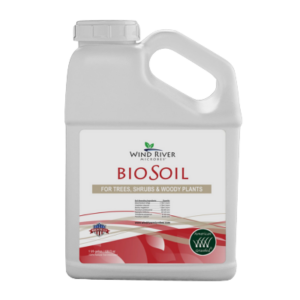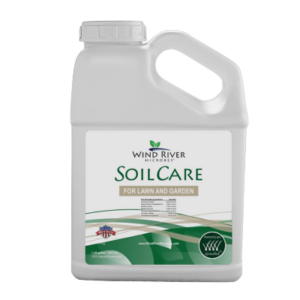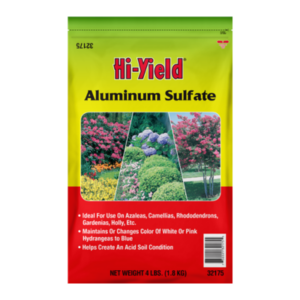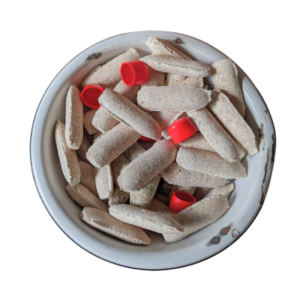1. How It Works
A spreader sticker is a special additive that enhances the effectiveness of pesticides, herbicides, and fungicides. It’s essentially a surfactant that reduces the surface tension of the liquid it’s mixed with, allowing the spray to spread more evenly and adhere to the plant surface. This means that the treatment covers a greater area and sticks to the plant for a longer time, resisting wash-off from rain or irrigation.
2. Usage
Spreader stickers are commonly mixed with various concentrated pest control products (excluding fertilizers) to increase their efficacy. By ensuring that the treatment spreads uniformly and sticks to the plants, it allows the active ingredients to work more effectively and for a more extended period.
Some household products like Dawn dish soap can be used as a spreader sticker, but they may degrade more quickly.
Caution should be exercised as surfactants can burn plants by concentrating the sun’s rays on the leaves. This is why we recommend only spraying for pests and diseases in the morning or evening, and not when temperatures are above 85 degrees.
When mixing a spreader sticker with a pest control product, it’s essential to follow the manufacturer’s guidelines and the specific product’s label to ensure proper proportions and prevent any potential damage to the plants. It can be used with fungicides, insecticides, and herbicides, enhancing the overall performance of the product.
We’ve marked the products on our website that should ideally be used with Spreader Sticker. Use only with liquid version of a product.

